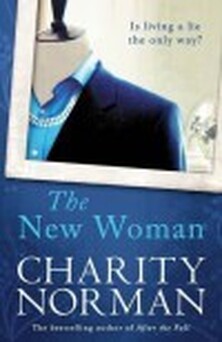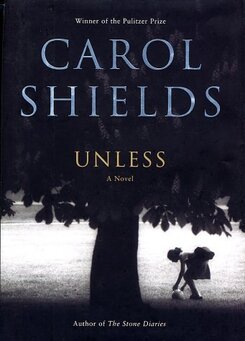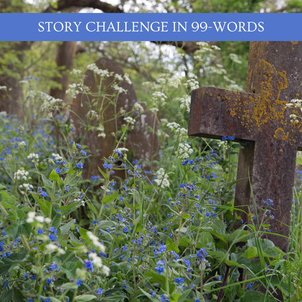The New Woman by Charity Norman
This poignant and page-turning novel is narrated from the points of view of the faithful wife, the fiercely feminist daughter, the anxiously conventional son, Luke himself – and Lucia, the woman he becomes. Author Charity Norman treats all her characters – apart from the most bigoted – with compassion and sensitivity as they navigate this major disruption in all their lives. While Lucia’s financial security might make her journey towards her new identity a little easier than for some trans women, the story doesn’t shy away from the obstacles she faces and the violence some people are subjected to for the crime of being themselves.
Although I wasn’t sure why Luke had to see both a clinical psychologist and a counsellor, they seemed authentically portrayed, gifting me my ninety-fifth novel with a fictional therapist. Overall, I found the story highly credible both from the perspective of the family dynamics and the trans experience (although I’m no expert in the latter). It’s a hopeful book about how we can adapt to differences we might not like or understand.
This novel was first published in 2015, the year in which my debut, Sugar and Snails, appeared. So, in addition to enjoying the story, I was fascinated to discover the similarities and differences in how another author had explored a topic that had also interested me. I’m delighted to have discovered this novel through another authorly connection: it was recommended by Mia Farlane, whose debut, Footnotes to Sex, she kindly discussed with me a few years ago at this online event:
Unless by Carol Shields
The whole family is bereft yet, somehow, life carries on. Her younger sisters attend school and play sports, although their Saturdays are now spent sitting beside their silent sibling on a chilly Toronto pavement. Her parents continue their work and her grandmother turns up promptly for dinner with a home-made dessert, but she too is increasingly quiet.
As a writer, Reta finds some refuge in words, both her own romantic fiction and the literary memoirs of the famous feminist whose work she is translating from the French. She finds herself becoming convinced that Norah’s retreat from the world is a reaction to the subjugation of women.
I first read this novel on its publication in 2002 – a rare hardback purchase. When I opened my copy this Christmas I was surprised to find an index card with neat handwritten notes outlining the parallels between its themes and my work as a clinical psychologist with others who have lost touch with ordinary life. So rereading this was like revisiting an earlier version of myself.
I don’t think I loved it quite as much this time around, partly because of my changed focus and because I’m more drawn to plot than I used to be, but I did enjoy it. And with space for one more book on my favourites shelf, I’ve stuck with my original five star rating.
| I was inspired to reread Unless by the latest flash fiction challenge on the theme of beauty beyond the grave. I was contemplating a serious 99-word story about the deceased authors and feminists who have lightened my load. But the Muse wasn’t having it – until it occurred to me that I could interpret the prompt literally. I was quite pleased with the result. |
I used to protest with a placard, but perspectives change when you’re dead. It’s senseless to say it’s a meat market when the lineup is nothing but bones.
I’m honoured to judge Miss Was-World for beauty beyond the grave. In the Skeleton Round we rate for blanching, solidity and the musical rattle when they move. The Halloween Round is about creativity, colour and the capacity to send a shiver down the spine. But the Legacy Round is the most important. What did the contestant gift to those left behind? Material wealth scores zero. Compassion and justice get the prize.
























 RSS Feed
RSS Feed





















